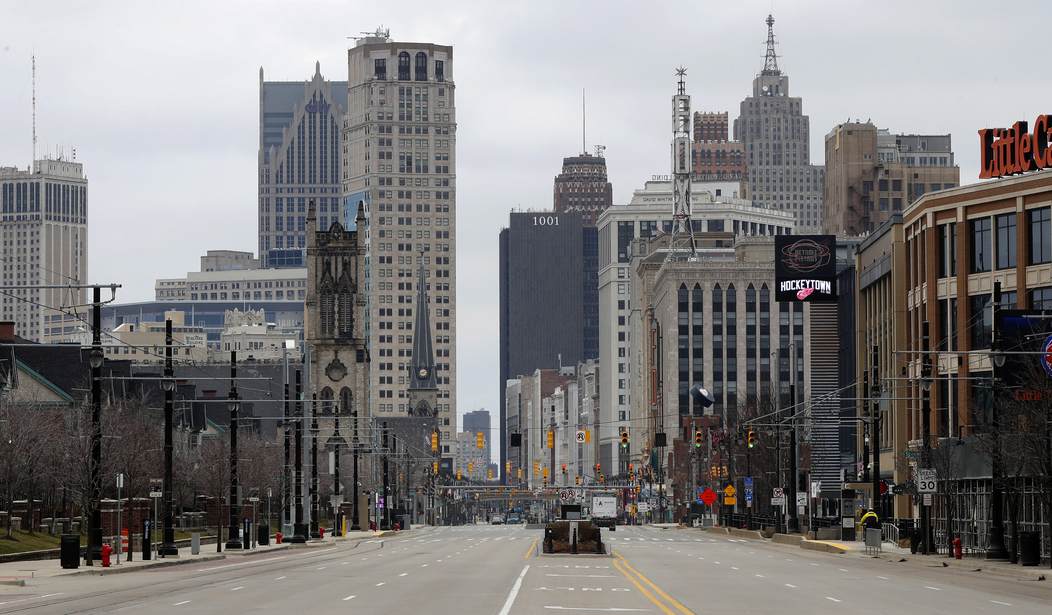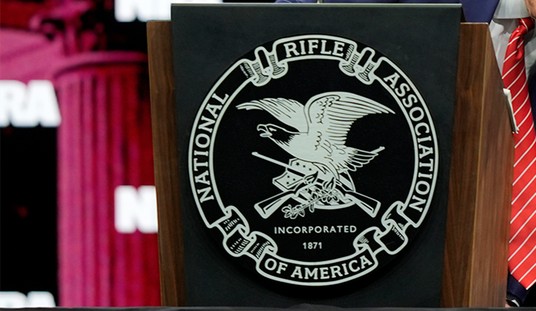And I have no doubt that Gov. Gretchen Whitmer and gun control groups are going to point to the first new anti-2A laws in decades as the main reason why violent crime is dropping in the Motor City. The truth is, however, that many of those laws have yet to take effect, including the “universal” background check mandate, “red flag” law, and gun storage mandates that Whitmer approved back in April.
Those laws wont kick in until February 13, 2024, so they can hardly be the reason why violent crime is plunging in Detroit this year. Instead, local officials are crediting strategies that are focused on violent criminals, not imposing new restrictions on lawful gun owners.
A major reason behind the drop in violent crime has to do with a collaboration among police, prosecutors, and the local judiciary. Together, they’ve been working to clear a backlog of thousands of felony gun cases that built up amid the pandemic.
During COVID-19 shutdowns, the courts were also shut down. People who were charged with gun violence were often out on bond, resulting in more violent crime on the streets.
The courts, police, and prosecutors have been working overtime to clear a backlog of 4,000 felony gun cases. Both the Wayne County Prosecutor’s Office and sheriff’s office have also increased their staffing, which they say has contributed to the decrease in violent crime.
But that’s not all: For the first time ever, the city of Detroit is investing millions of dollars into community groups with proven track records of addressing crime. These groups are being deployed to work in various sections of the city.
Honestly, I’m not convinced that plowing through the backlog of felony gun cases is the difference maker when it comes to the city’s crime stats, given that simple possession without a concealed carry license is considered a felony offense subject to a five-year prison sentence. How many of the 4,000 or so felony gun cases are in actuality gun possession cases with no underlying violent crime attached?
I’m more intrigued by the community violence intervention programs that Detroit is helping to fund. The city has basically launched a two-year experiment with a number of violence intervention groups; supporting them financially now and then looking to see which efforts were the most effective at the end of that two-year period. These programs are aimed almost exclusively at those who are most likely to both commit violent crimes as well as being the victim of those crimes, and activist Teferi Brent says they’re having a major impact.
Brent acknowledged the work being done to offer a second chance to people being released from prison as one way to initiate systemic change. He says it’s an opportunity to show young men that their lives can be so much more than street crime.
“This is the work of everyone, not just law enforcement. I’d argue law enforcement is the smaller part of the solution to this issue,” Brent said. “It’s the work of people in the community who are organized and working to address the root-cause issues that contribute to criminogenic behavior.”
Adding more police and prosecutors is a good step, so long as violent crimes are their top priority and not possessory offenses, but a public safety approach that deploys both carrots and sticks to stop violent offenders from acting on their impulses is going to yield much better results than using just one of those tactics. There are multiple factors responsible for Detroit’s decline in homicides and violent crime overall, but one thing is certain: the state’s newest gun control laws, which have been approved but are not yet enforced, aren’t among them.










Join the conversation as a VIP Member